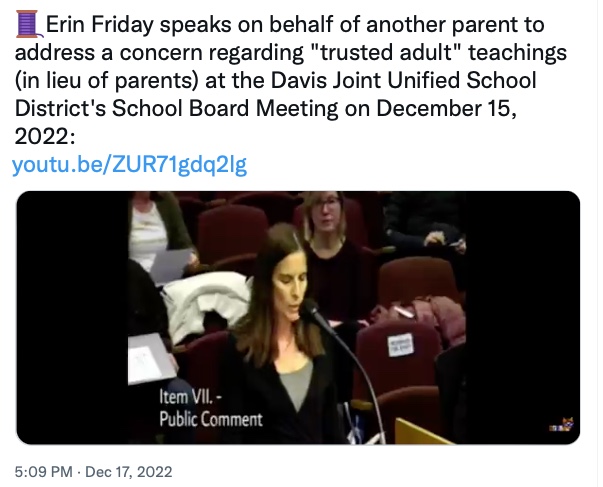As I've expressed repeatedly on this site (but more often and with detailed substantiation on my website, Dangerous Intersection), I have no little respect for much of what passes as "journalism" at America's best known legacy media outlets. They have repeatedly preached to us and censored dissenting views on major stories instead of letting the facts fall where they may and inviting us to evaluate those facts on our own. That is why trust in major media is at an all time low: only 11% of us have a lot of confidence in our newspapers and television news. For years, Twitter has been the water cooler for those seeking to shape media narratives and jam them down our throat. That is changing and I am ever cognizant of the wailing and gnashing of teeth, along with the gaslighting, I am hearing from the increasingly disempowered "journalists" who have been the most active at censoring. I applaud the efforts of Matt Taibbi, Bari Weiss, Michael Shellenberger and others who are now revealing the many ways in which Twitter has been falsely presenting itself as a forum for free speech.
Today, Matt Taibbi posted background on the ongoing Twitter revelations. I expect that many people will appreciate these revelations but will not comment publicly (though many will applaud these development privately to me, as they have been doing for several years on many contentious issues). I also expect that more than a few people will publicly respond to Taibbi's comments (and my own) with a creative barrage of ad hominem comments--that's exactly what people do when can can't make honest arguments. Every time I see this behavior, I recognize it as stark symptoms of Nietzschean ressentiment. Here is an excerpt from Taibbi's most recent article, "Note to Readers on the "Twitter Files"":
A lot has been made about the line about how I “had to agree to certain conditions” to work on the story. I wrote that assuming the meaning of that line would be obvious. It was obvious. Still, the language was just loose enough to give critics room to make mischief, and the stakes being what they are, they of course did. That’s on me, and a lesson going forward. For the record, the deal was access to the Twitter documents, but I had to publish on Twitter. I also agreed to an attribution (“Sources at Twitter”). That’s it.
Everyone involved with the project, including myself as well as Bari Weiss and Michael Shellenberger, has editorial control. We’ve been encouraged to look not just at historical Twitter, but the current iteration as well. I was told flat-out I could write anything I wanted, including anything about the current company and its new chief, Elon Musk. If anything, the degree of openness on that front freaked me out a little initially, being so far from any other experience I’ve had.
In our initial meeting, Musk talked about how he thought a “full confessional restores faith in the company,” and everything I’ve seen since seems to confirm he’s sincere about his desire for full open-kimono transparency with the public. He says we’re “welcome to look at things going forward, not just at the past,” and until I run into a reason to believe otherwise, I’m taking him at his word. I’d be crazy not to, considering the access we’ve already been given. This is a historic opportunity, and I think we’re all trying to treat that opportunity with the appropriate respect, which among other things means staying as focused as we can be on the documents, and trying to make as much sense of them as we can, as quickly as we can....
In this particular instance, the story has to come out on Twitter. There’s the obvious deep irony of using the familiar drip-drip-drip format and uncontrollable virulality of Twitter to roast Twitter itself. We’re also using an inherently destabilizing medium to expose efforts to turn Twitter into an authoritarian instrument of social control. There’s genius in this. Now I would feel wrong even thinking of doing it any other way.
This is especially the case since a major subtext of the Twitter Files project is what a burn it is on conventional/corporate media, whose minions tried for years to turn Twitter into a giant conformity machine, and cheered each new advance in censorship and opinion control. Those same people now have to watch in helplessness as one horrifying revelation after another spills out, guerrilla-style, into what was not long ago their private playground. This, too, couldn’t be scripted better. It’s like sending an intercontinental shit-missile screaming into the dais of the White House correspondents’ dinner at 15,000 m.p.h. If you can’t see the humor in this, you probably never had a sense of humor to begin with.

